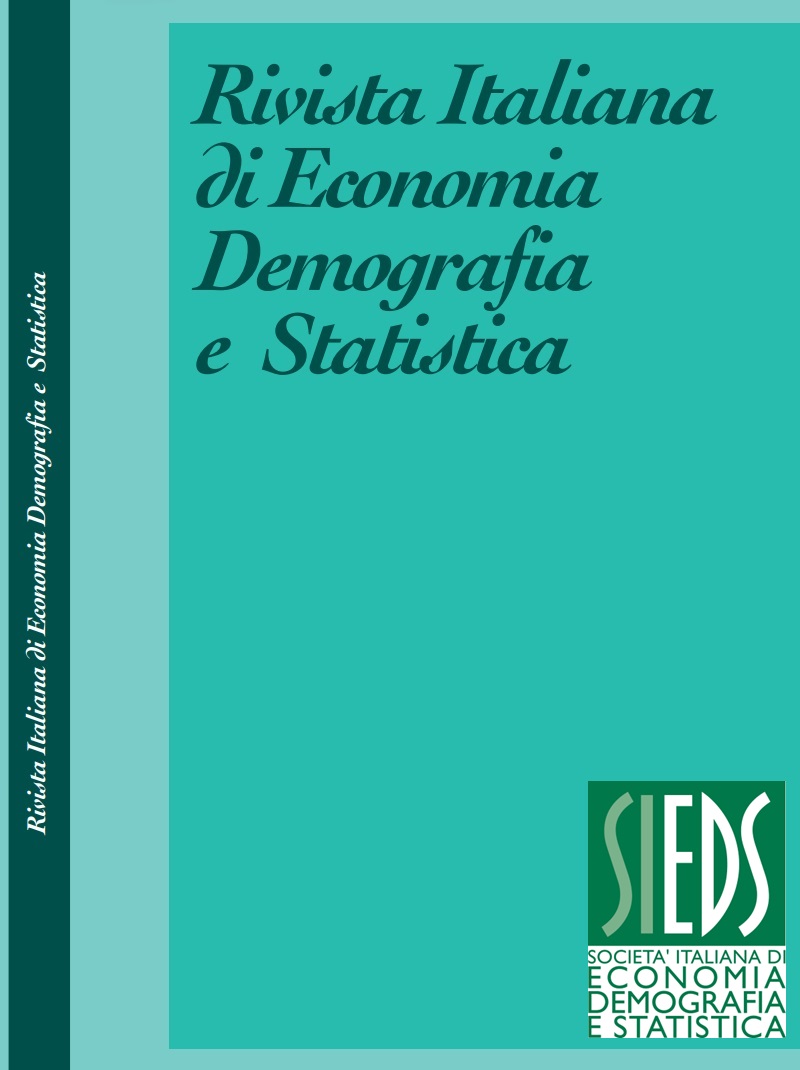The challenges of tracking early childhood development: a new methodological approach using the Mazziotta-Pareto index
DOI:
https://doi.org/10.71014/sieds.v78i1.272Abstract
The last two decades have seen remarkable studies in early child development, an interdisciplinary field that involves psychology, economics, and neuroscience. This critical period in child growth exhibits high brain plasticity, and several environmental factors can shape its development by altering gene expression patterns through epigenetic mechanisms, resulting in lifelong impacts. The UN Agenda 2030 includes the Early Child Development Index (ECDI2030) to monitor the Sustainable Development Goal 4.2.1. Although the ECDI2030 has proven to be a useful tool for collecting child development data and addressing public policies, some inherent technical and methodological difficulties need to be addressed, such as, questionnaire design, response to bias in a cross-cultural country, difficulties in handling outliers, and content and duration of the training, among others. Therefore, our goal is to develop a composite index ECDI(i) that incorporates the three dimensions set by the ECDI2030 (i.e., learning, health, and psychological well-being) by using a different methodology, namely the Mazziotta-Pareto Index. Despite the preliminary nature of the results, interesting findings seem to emerge from this study: a positive strong linear correlation between the ECDI(i) and ECDI2030 and a change in ranking is observed.
Downloads
Published
Issue
Section
License
Copyright (c) 2024 Alessandra Adduci, Edoardo Latessa, Luca Muzzioli

This work is licensed under a Creative Commons Attribution 4.0 International License.



